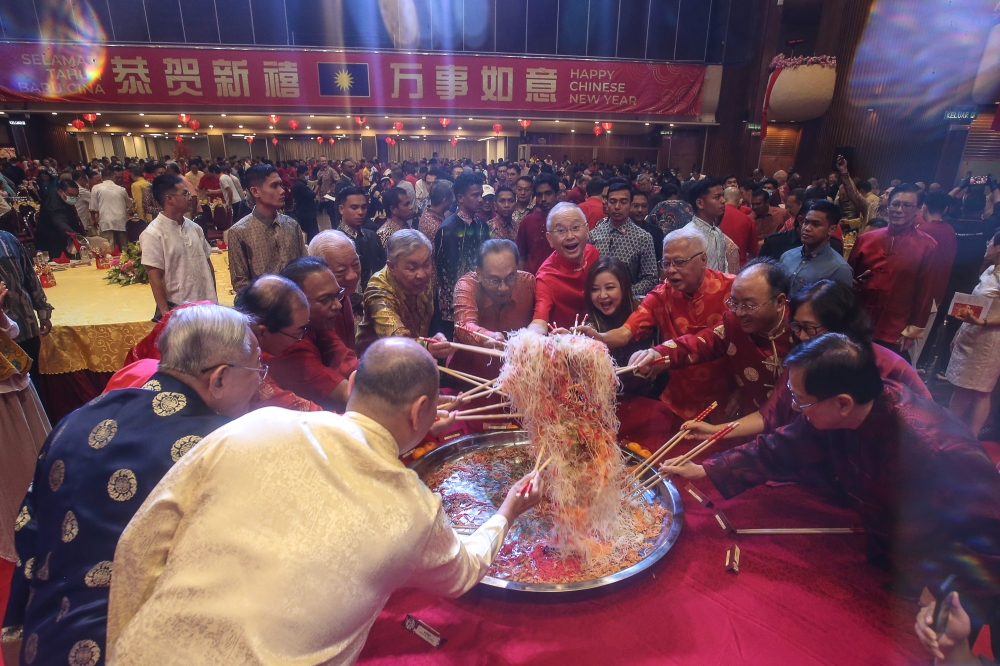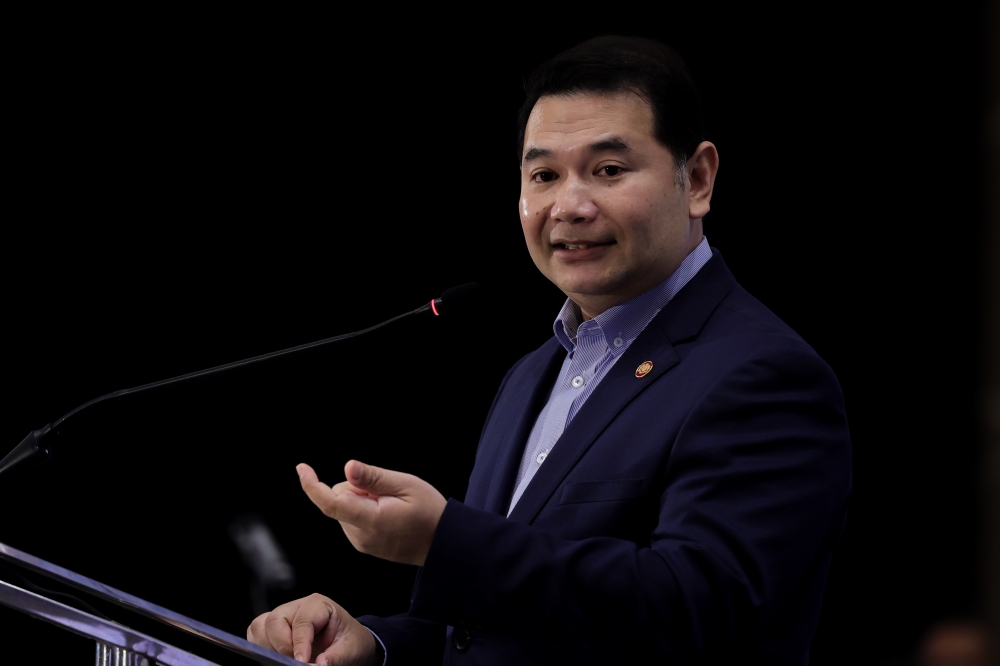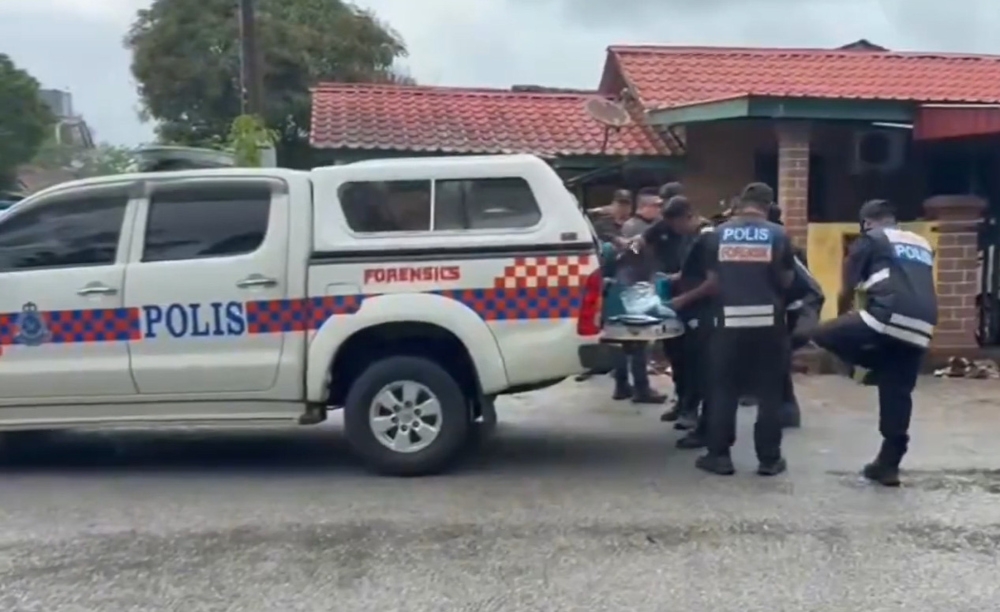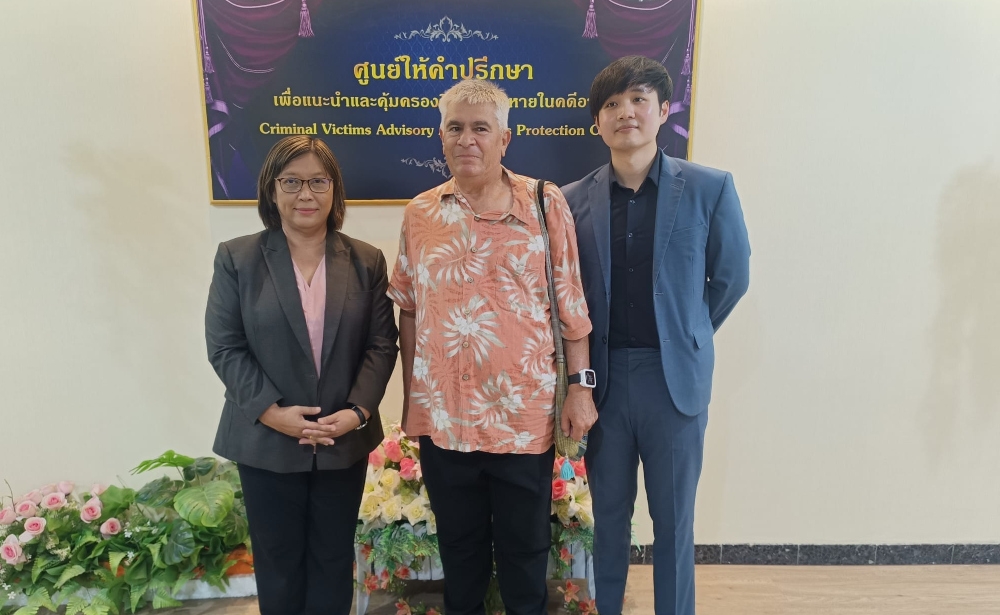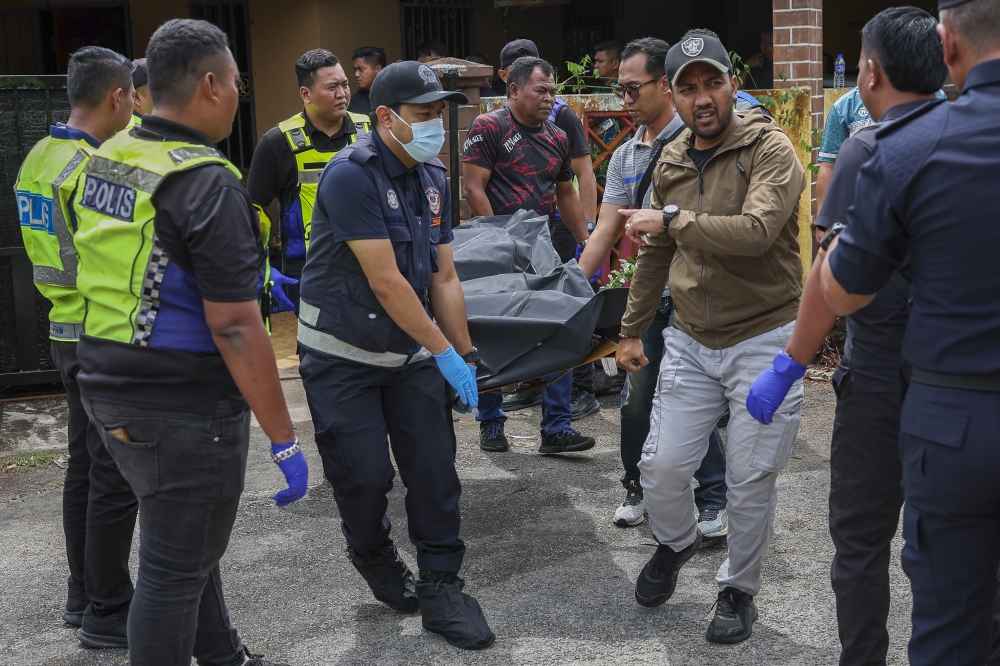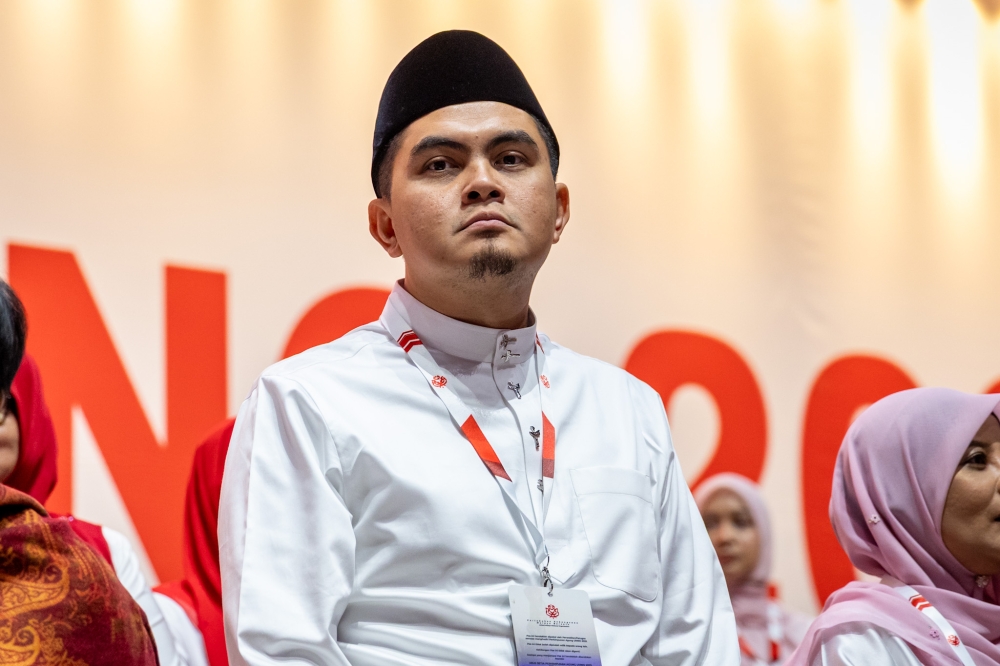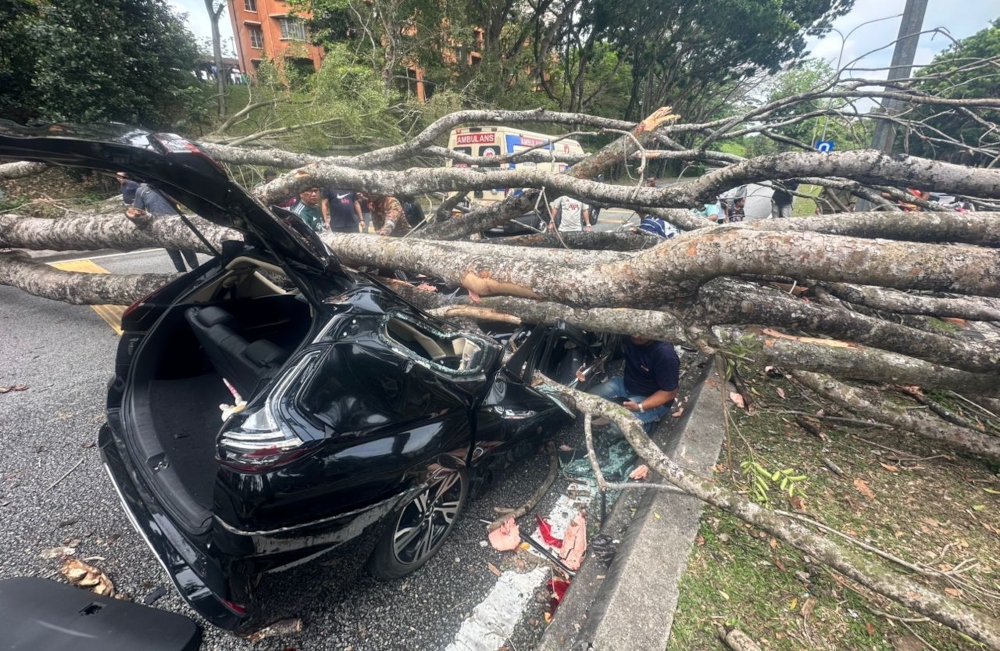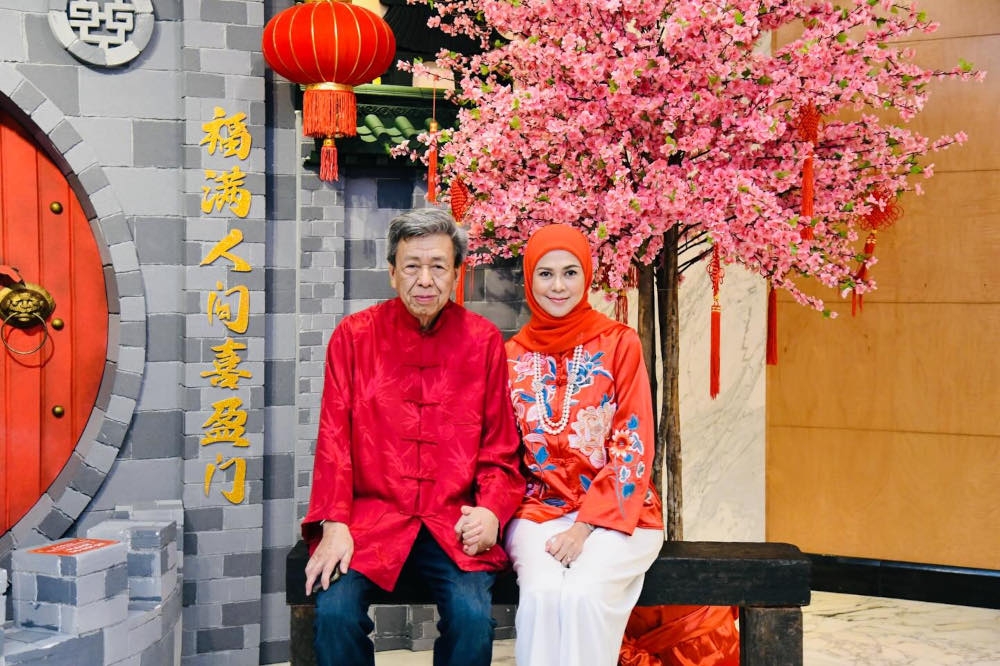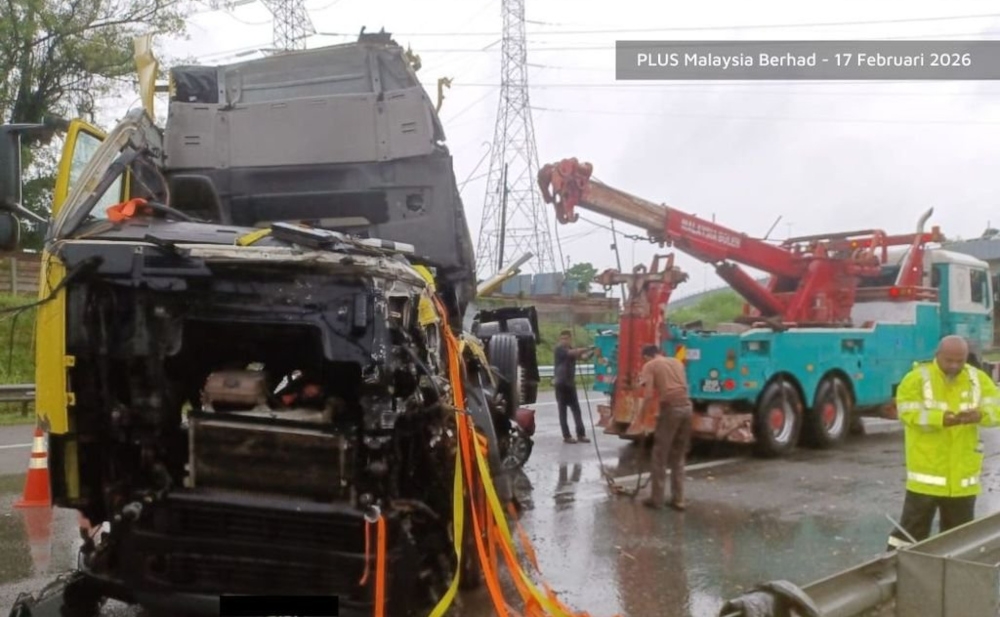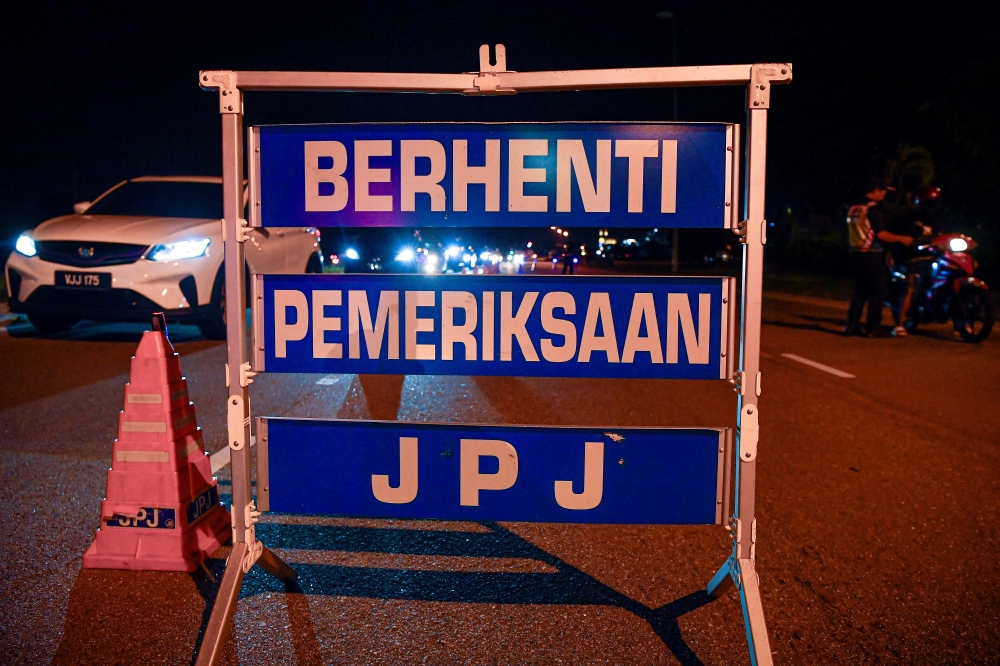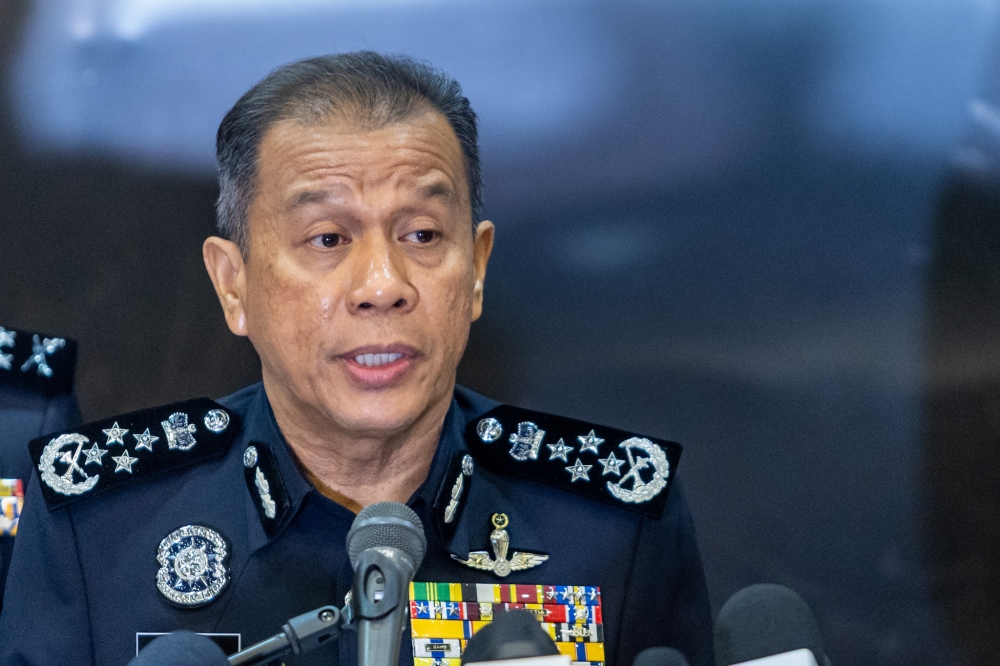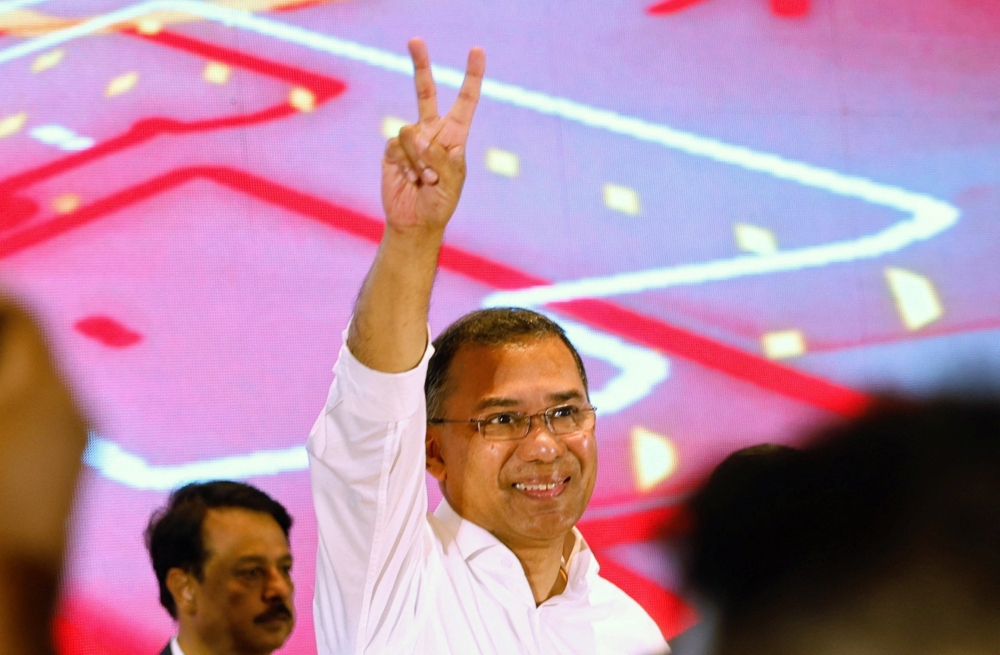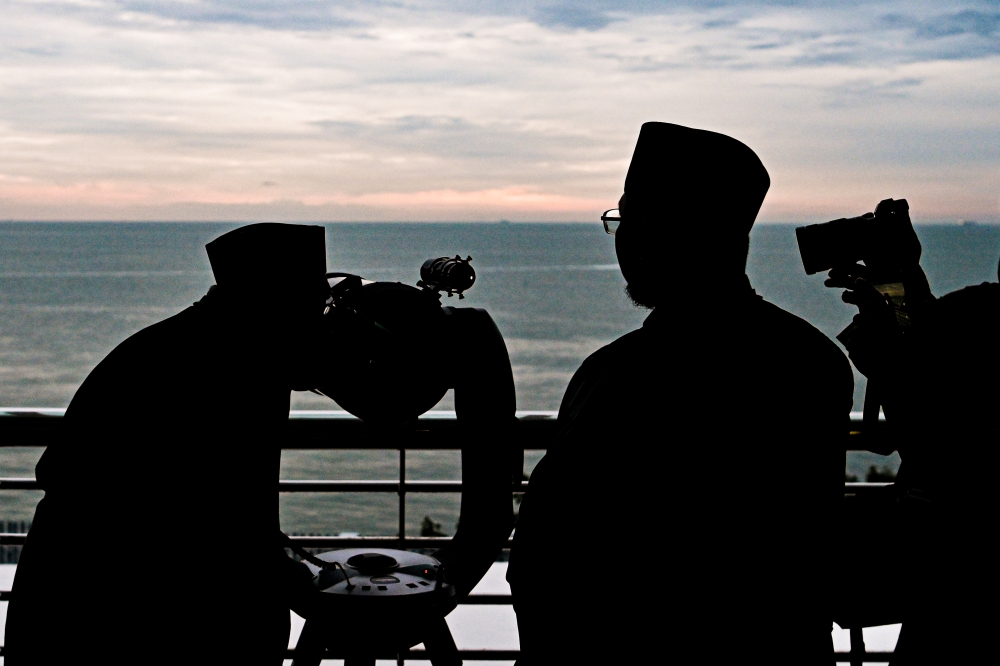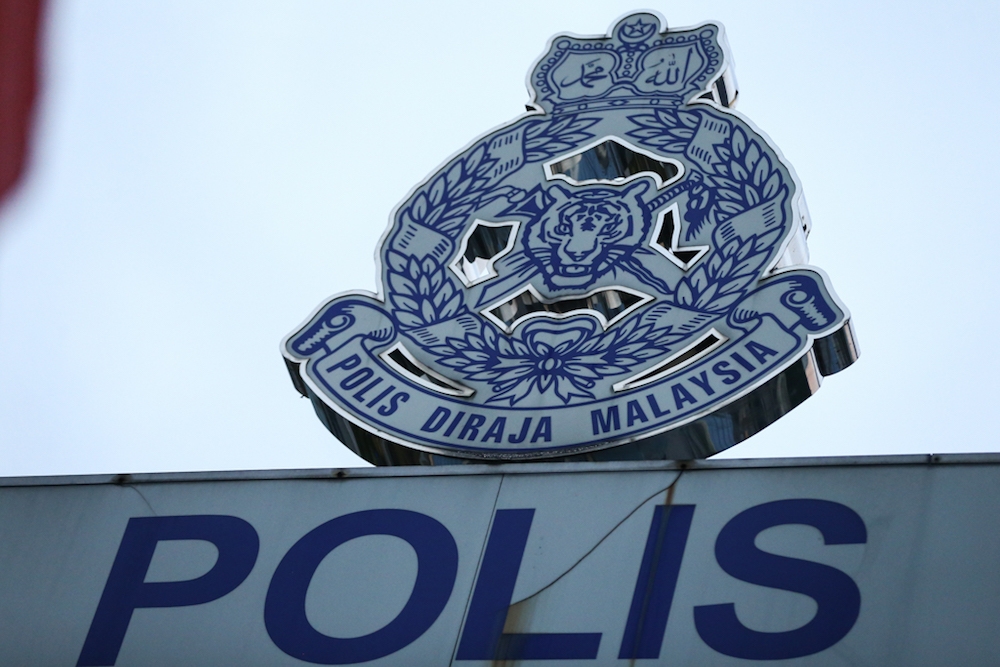KUALA LUMPUR, March 5 — Malaysian Anti-Corruption Commission (MACC) chief Latheefa Koya told the High Court today a special officer to her deputy was the first person who obtained the nine audio tapes which showed an alleged cover-up surrounding the 1MDB investigation back in 2016.
Testifying as the 12th defence witness in Datuk Seri Najib Razak’s RM42 million SRC International Sdn Bhd corruption trial today, Latheefa was earlier asked to outline the chronology of events leading up to the January 8 press conference which subsequently resulted in the bombshell revelation of recordings that she claimed shows a conspiracy at the highest level of the then Barisan Nasional (BN) government.
She was subpoenaed by Najib’s defence team as they wanted to admit the audio recordings in court to support their case.
Under examination-in-chief by Najib’s lawyer Tan Sri Muhammad Shafee Abdullah, Latheefa testified that she discovered the existence of the tape recordings the week before her scheduled press conference after being approached by MACC deputy commissioner Datuk Seri Azam Baki.
Muhammad Shafee: When did you discover the existence of the tape recordings?
Latheefa: On Friday, January 3, a week before I had a press conference on January 8, I was approached by Azam in MACC Putrajaya who informed me he had received a package which contained a couple of thumb drives, nine of them.
Latheefa: He said he received it from his special officer who got it from his house. Immediately, I directed Azam to organise for a team to look into the documents in there.
Muhammad Shafee: When he came to see you, did he bring the package?
Latheefa: No.
When asked for her reaction, Latheefa said she asked Azam what he knew as she did not know whether it was an audio or video recording at the time.
She then told the court Azam’s special officer had received the nine thumb drives along with a piece of paper detailing the recordings’ narrative placed inside an envelope on the morning of January 3.
Following that, Latheefa said the MACC’s technical team worked through the weekend of January 4 and 5 to preserve the contents of the recordings by making copies, before deciding to make them public on January 8.
“The main basis is the shocking revelation of covering up and fabricating evidence and involvement of individuals who were not supposed to be,” she said.
Muhammad Shafee then asked her what the MACC did next to determine the authenticity of the recordings.
Latheefa: On Monday (January 6) I met up with the team in the morning to discuss and look at documents. I was told this is an audio recording and it has got various dates and involved certain personalities.
We started playing the recordings and we found out the content of those recordings is discussing about certain files involving certain personalities. When it was being played, my deputy, the head of MACC’s Anti-Money Laundering Division, and few others were able to recognise the identities of the people speaking.
It was a very clear recording. We were able to identify who and recognise what they were talking about. Based on the contents, we were able to confirm this was authentic.
Muhammad Shafee: By the 8th, had you made a clinical determination that these tape recordings have not been tampered?
Latheefa: The nature of conversation doesn’t look like it was cut, so we don’t see any possibility of it being a fake. The other reason, we were listening to the conversation and we double checked the events that happened before and after, and these dates commensurate the dates of the recording.
Najib’s audio tape release to prevent future cover-ups
She also said the purpose of the press conference was to share with the public and media and reveal the contents of the recordings which were a matter of public interest, when asked about the purpose of the public disclosure.
“Representatives or members of government institutions such as the Attorney General’s Chambers, MACC and the Prime Minister’s Office (PMO) were involved in conspiring to cover up certain investigations against the person who we believe holds the highest office in the country.
“So the public knows, never again the attorney general (AG) or PMO could get involved in such offences such as revealing secret information, tamper or fabricate evidence for the purpose to avoid prosecution,” she explained further.
Lawful interception?
Muhammad Shafee then pointed out to Latheefa whether she was aware that under the law, the public prosecutor must give his consent to allow investigators to intercept phone calls of individuals under probe.
Muhammad Shafee: You cannot determine if this recording is a product of illegal interception? In order to do so, you must determine that there are investigations into the person. Are you aware if MAAC is investigating Najib?
Latheefa: In this case, yes. No surprise if people are listening to his conversation.
To a question of whether she had checked with then AG Tan Sri Mohamed Apandi Ali on whether he had consented to the interception, Latheefa said there was no need to do so.
“We did not establish it was the MACC who intercepted. Therefore, the need to check with the AG does not arise,” she said.
In one of the recordings, Najib’s wife Datin Seri Rosmah Mansor can be heard directing her husband on how to take charge and manage the 1MDB scandal that erupted in 2016.
Another audio clip showed how Najib had called Sheikh Mohamed Zayed Al-Nahyan and pleaded for help with money laundering accusations faced by his Hollywood filmmaker stepson Riza Aziz at the height of the 1MDB financial scandal.
Najib is on trial over seven charges related to SRC International Sdn Bhd.
Three are for criminal breach of trust over a total RM42 million of SRC International funds while entrusted with its control as the prime minister and finance minister then, three more are for laundering the RM42 million, and the last is for abusing the same positions for self-gratification of the same sum.

